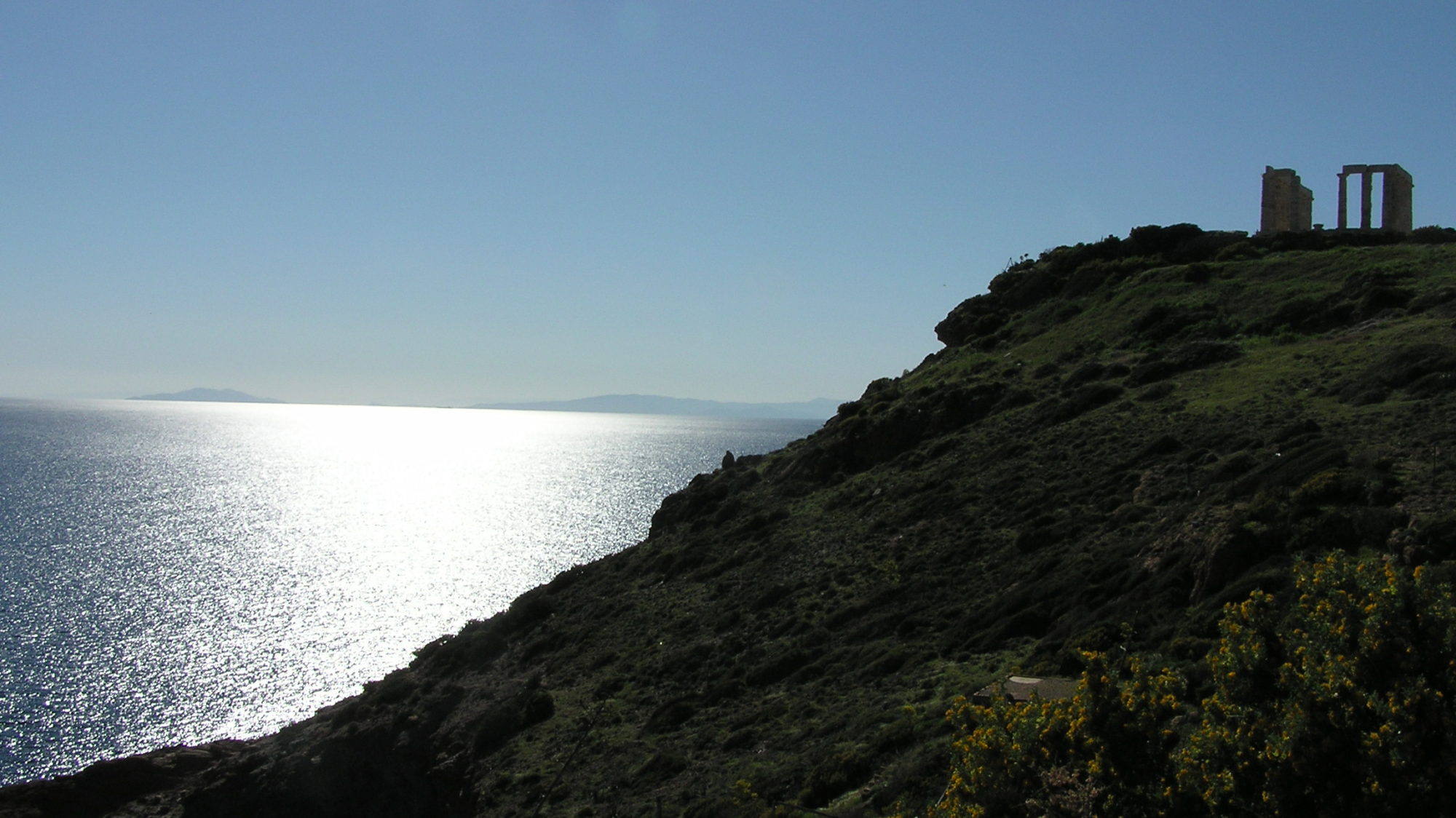In Matthew 16.15-18 Jesus engaged his disciples in a discussion of his identity. But as his response to their confession that he was the Son of God, he turned the conversation to a Bible truth of fundamental importance – both then and now: “… on this rock I will build my church, and the gates of hell shall not prevail against it.” (16.18)
In Part 1 we noted several metaphors from scripture that give us some sense of what this church really is. In Part 2 we noted how the church is discussed in the Bible in a universal sense – that is, all the people in the world who are or ever have been faithful disciples. In this Part 3 we will consider the other sense in which the church is described in the New Testament – the local church – that is, a congregation of individuals that meets in one location.
A local church or congregation is what Paul referred to when he wrote to the Romans that “all the churches of Christ greet you” (Romans 16.16) – several different local churches in various places. He also wrote to the Corinthians explaining that certain brothers were “messengers of the churches” (2 Corinthians 8.23). Paul also used the term “church” in this way when he wrote to the Galatians that he “was still unknown in person to the churches of Judea that are in Christ.” (Galatians 1.22). Clearly Paul was referring to local churches of Christians in certain locations – not the entire body of all the saved people everywhere in the world. Continue reading “The church that Jesus built – Part 3”

